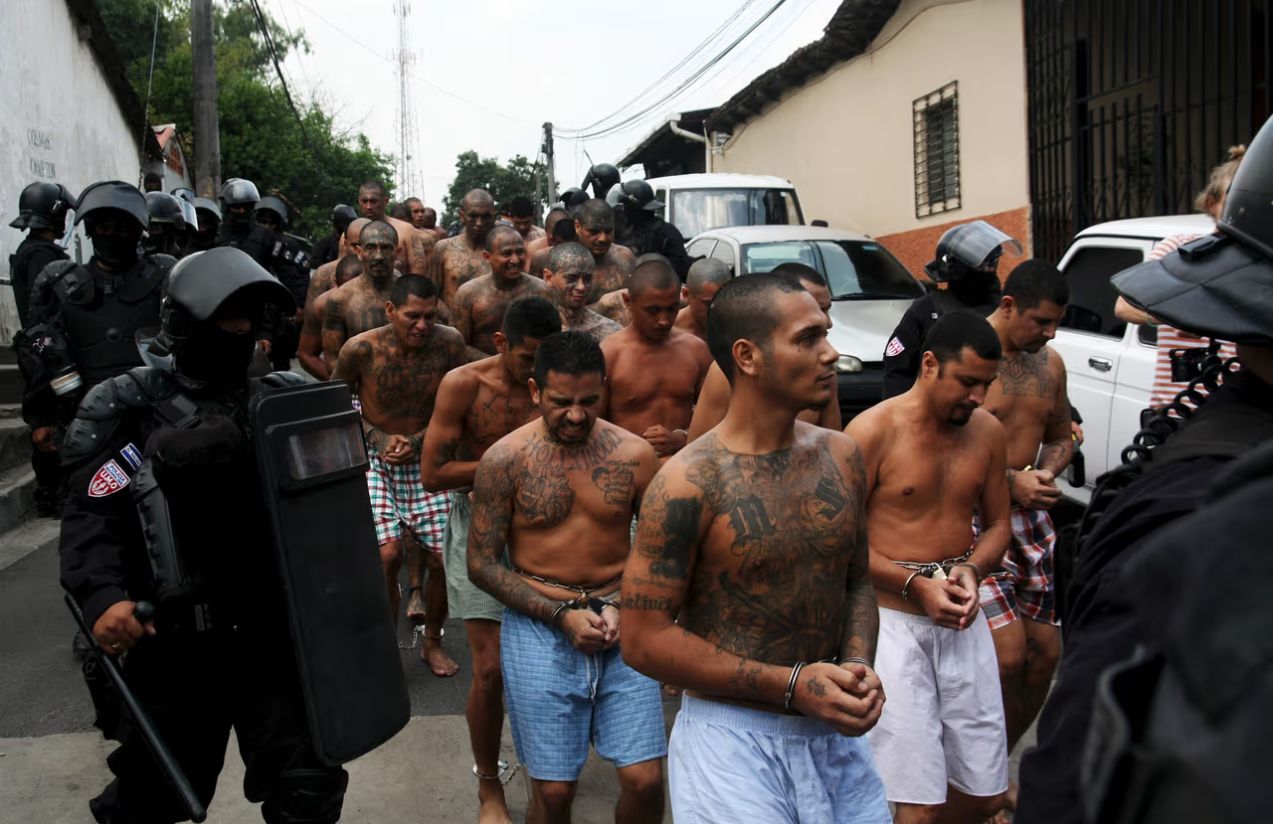Recently, a Salvadoran court handed down harsh sentences against several prominent figures of the former government for negotiating with gangs during electoral campaigns. Former Security and Justice Minister Benito Lara and former Interior Minister Arístides Valencia were sentenced to 28 years in prison after being found guilty of electoral fraud and illicit association.
Also convicted were former San Salvador mayor Ernesto Muyshondt, who received 18 years, alleged liaison Wilson Alvarado, and journalist Paolo Lüers, all linked to negotiations with the Mara Salvatrucha (MS-13) and Barrio 18 gangs to secure electoral support. Many of those involved remain fugitives, while Lara and Muyshondt are the only ones captured and currently imprisoned.
The defendants argued that the convictions are based on the testimony of an “anonymous witness” with a criminal past and vowed to appeal, claiming insufficient evidence.
Does this mark the end of political pacts with gangs in El Salvador?
Not immediately. While the convictions represent a significant step forward, experts warn that only deep institutional reforms and stronger oversight can eradicate criminal influence from the country’s politics.

